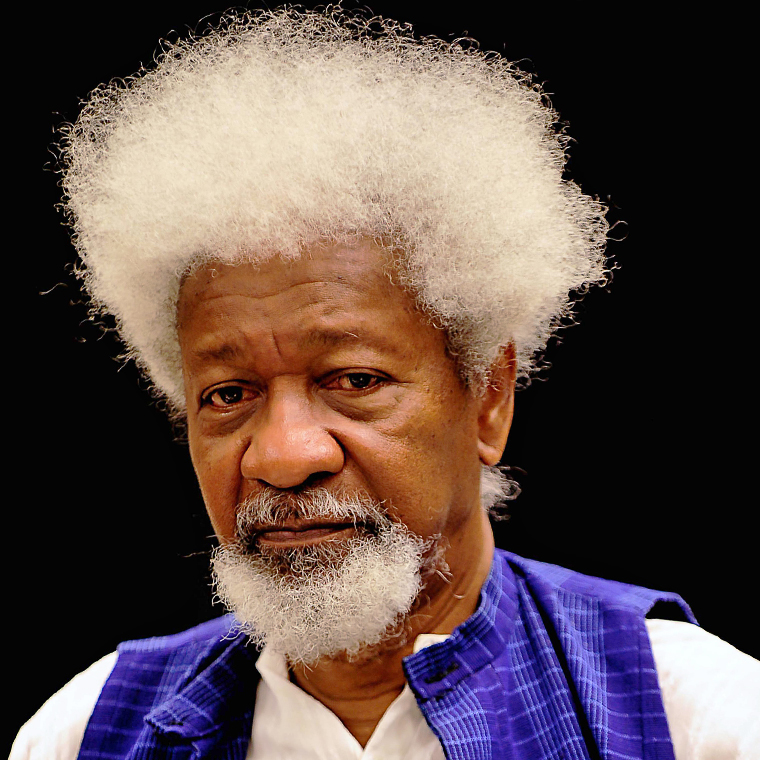
Dr. Leslie belongs easily among a handful of scholars from my mentoring past whom I would consider especially qualified to undertake this research project, one that requires a temperament not only to pursue arcane clues and exhume long hidden material but explore their historical and contemporaneous social contexts. It goes beyond having the specialized knowledge of the source material but demands the dedicated passion that animates the activist in the scholar. Right from her early years as a student at the University of Ife, Nigeria [now Obafemi Awolowo University], Dr. Rachel Titilayo Leslie evinced these qualities. She made a point of venturing outside the formal curriculum and confines of routine textual material to pursue extant clues within social practices and formations that lead into ‘time past’.
For instance, she would visit the Ifa temples of the Yoruba in Ile-Ife to sit at the feet of Ifa priests and immerse herself in their intricate system of divination, the interplay of language and philosophy that shaped procedural rituals of the priesthood. Hardly surprising that her quest for this esoteric knowledge led her to embark more recently on in-depth studies of African manuscripts. This foray into the vexed them of African contribution to world civilization has taken her through Egyptian and Ethiopian classical scripts, plus other ancient, barely surviving African languages, whose existence had been routinely ignored, denied, sometimes deliberately repressed under colonial prejudices and negative indoctrination.
To sum up, I am gratified to find that Dr. Leslie’s ardor in this pursuit has not diminished. She is eminently qualified to undertake what, in effect, is a mission of ‘Retrieval’, an unending commitment to the domain of knowledge.
Wole SOYINKA
Emeritus Professor,
Obafemi Awolowo University, Ile-Ife, Nigeria
Nobel Prize in Literature, 1986
Baba Prof. Soyinka was one of the first people who Dr. Leslie sought out for approval of her African Historical Society mission and vision a couple of years ago. He also had played a formative role in her intellectual history from the time that he was her professor and mentor when she was a university student at University of Ile-Ife now Obafemi Awolowo University. She also arranged for him to visit Addis Ababa University when she was teaching in the Philosophy Department there, for the Sons of Africa events organized by the President of the University at that time.
Akonwande Oluwole “Wole” Soyinka was born in Abeokuta in Western Nigeria. At the time, Nigeria was a Dominion of the British Empire. British religious, political and educational institutions co-existed with the traditional civil and religious authorities of the indigenous peoples, including Soyinka’s ethnic group, the Yorùbá people, who predominate in Western Nigeria. As a child, Soyinka lived in an Anglican Christian enclave known as the Parsonage. Soyinka’s mother, Grace Eniola Soyinka, was a devout Anglican; in his memoirs, Wole Soyinka calls his mother “Wild Christian.” His father, Samuel Ayodele Soyinka, was headmaster of the parsonage primary school, St. Peter’s. Known as “S.A.,” Wole Soyinka calls him “Essay” in his memoirs. Although the Soyinka family had deep ties to the Anglican Church, they enjoyed close relations with Muslim neighbors, and through his extended family — particularly his father’s relations — Wole Soyinka gained an early acquaintance with the indigenous spiritual traditions of the Yorùbá people. Even among practicing Christians, belief in ghosts and spirits was common. The young Wole Soyinka enjoyed participating in Anglican services and singing in the church choir, but he also formed an early identification with Ogun, the Yorùbá deity associated with war, iron, roads and poetry.
All questions regarding the management, services, products and funding of The African Historical Society should be addressed exclusively to The AHS Team.
